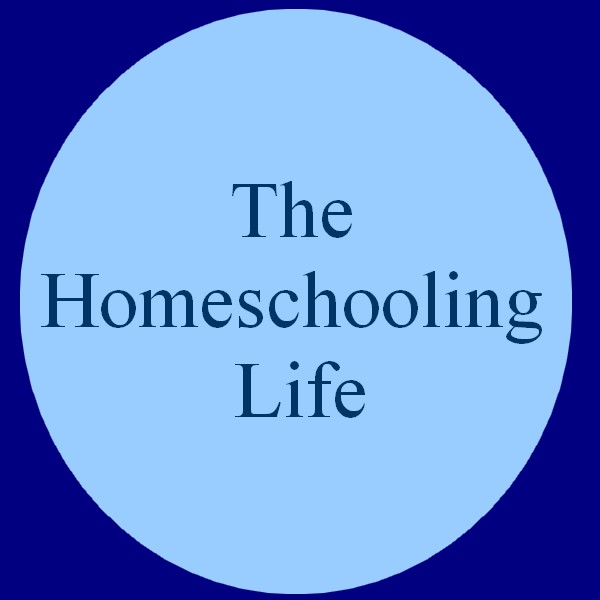
 One of my projects this summer is organizing a co-op with several other parents. Some of them have done co-ops before, while others have not. Some are veteran homeschoolers, while some are just starting their journey. All of us share a common current church affiliation, but some have been there since birth, some are just discovering their faith heritage, and some—like myself—are complete newbies.
One of my projects this summer is organizing a co-op with several other parents. Some of them have done co-ops before, while others have not. Some are veteran homeschoolers, while some are just starting their journey. All of us share a common current church affiliation, but some have been there since birth, some are just discovering their faith heritage, and some—like myself—are complete newbies.
All of us share a sincere desire to educate our children, but all of us have different ideas about how to do that. We’re committed to working together, but how do we achieve a good working relationship?
As I write up agendas for our meetings and listen to what everyone has to say, I find that all of the differences can be handled with just two tools: respect and peaceableness.
Now respect is one of those concepts that we hear a lot about these days. We’re supposed to respect each other’s choices in everything from diet to lifestyle, and frequently that also means we’re supposed to agree to disagree by segregating ourselves into little groups of completely like-minded people. So the classical education people get together and “respect” the unschoolers, who get together and “respect” the Charlotte Mason people, while each group does their own thing without ever engaging or learning from the approach of any of the others.
Seems more like avoidance than respect.
Respect says that I believe that you are doing the best you can. It says that I believe you are sincerely trying to live your beliefs and philosophies, and that we have enough common ground that I can trust you are trying to benefit your own children and—if we are joining together on some project—me and my children, even if your starting point is very different from mine. Real life respect says that I will accept your effort, do you the courtesy of talking to you if there is a problem, and allow my children to interact and learn from you without hovering. It’s tough. If I am a classical schooler and you are an unschooler, I may want my children to learn a particular topic from you, but I’m going to have to bite my tongue not to ask you where the notebooking pages and final report are. And if you are an unschooler but ask me to teach your children, you will have to accept that what I have the children do may look quite a bit like the “traditional school” that your philosophy has discarded.
This is where peaceableness comes in.
We have to decide which principles are really worth fighting over. Sadly, most of the things we put into the category of “hills to die on” just aren’t worth fighting over. Worksheets versus hands-on? Both have their place. Memorization versus discovery? Depends on the age and abilities of the child. Most of the time, exposing our children to a different teaching method or learning style is completely harmless. In fact, most of the time, if we don’t say anything disparaging, our children just roll with a new kind of presentation and learn something. Or they will comment on the differences, and with a little respectful guidance from us, adjust to a new method of learning.
So, this fall my children will be joining in some classes that are less structured than if I were teaching them. They’ll be spending a bit more time learning through play and process. And some of my friends’ children will be taking classes from me that are more structured than their normal instruction. We’ll all be focusing on learning together, respecting each other, and keeping the peace as we work toward our common goal of educating our children.
This article originally appeared on the Home Educators Association of Virginia blog and is used with permission.

